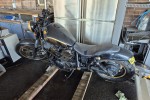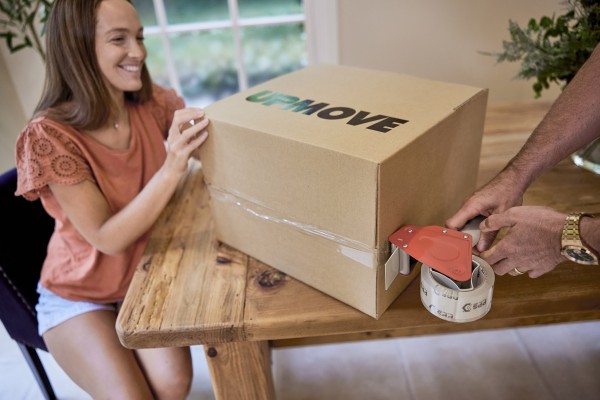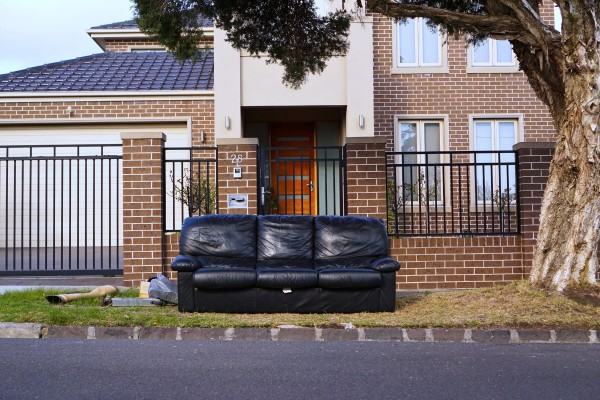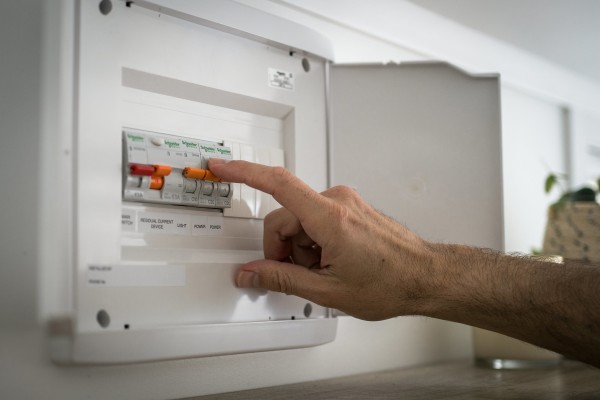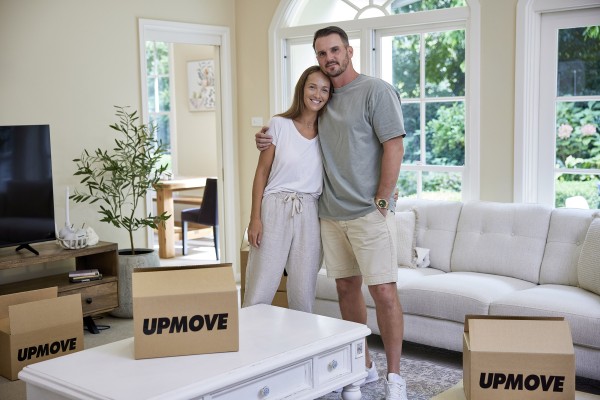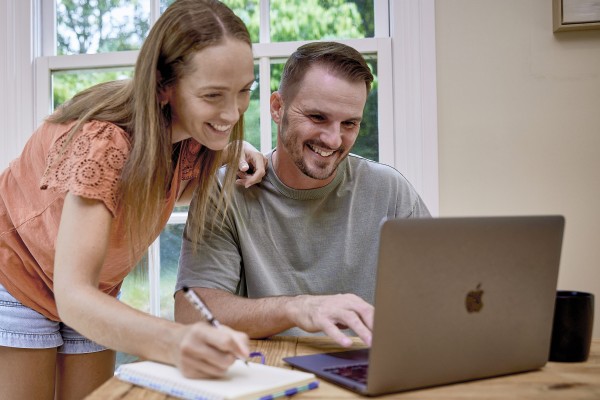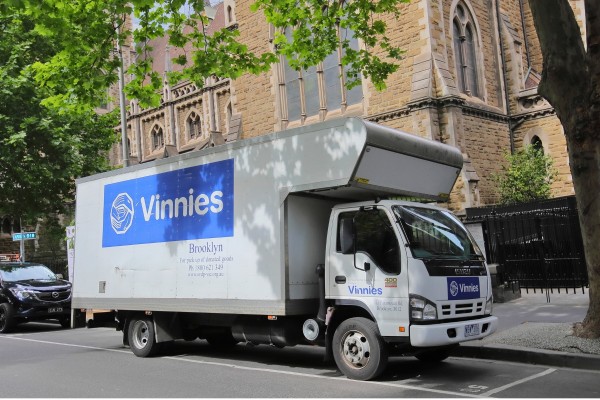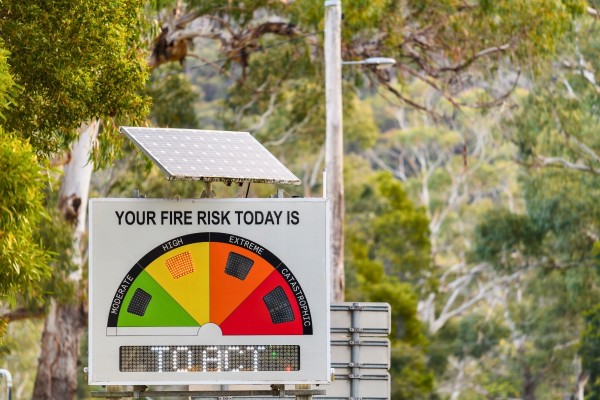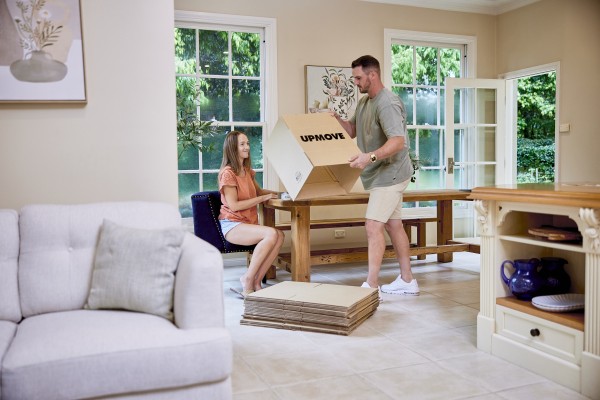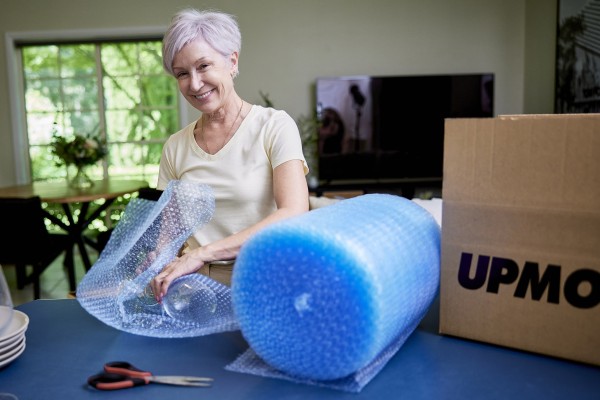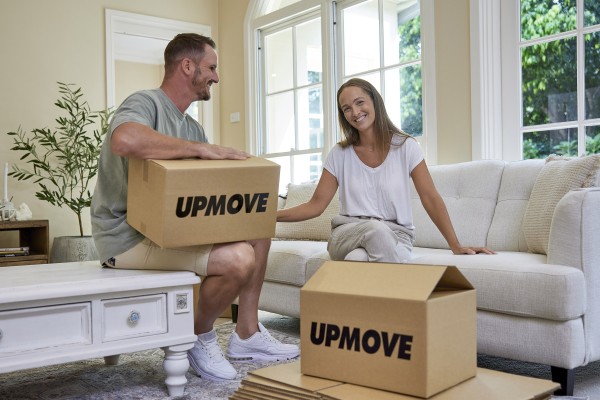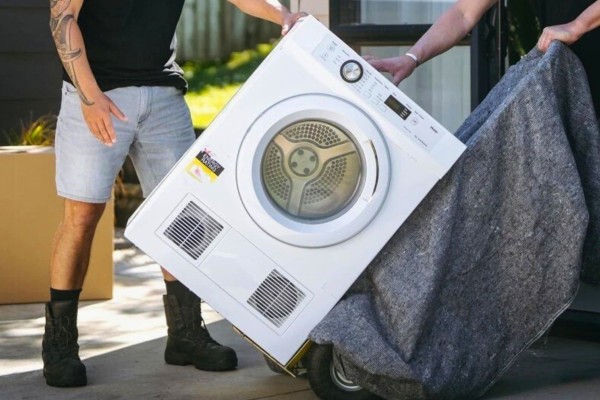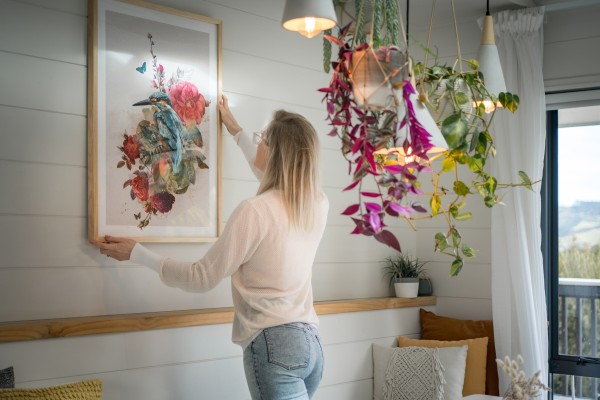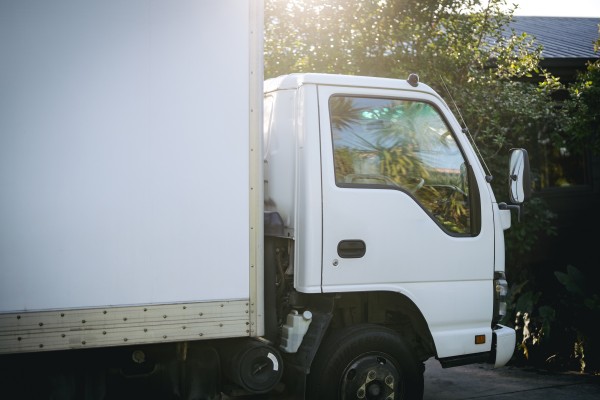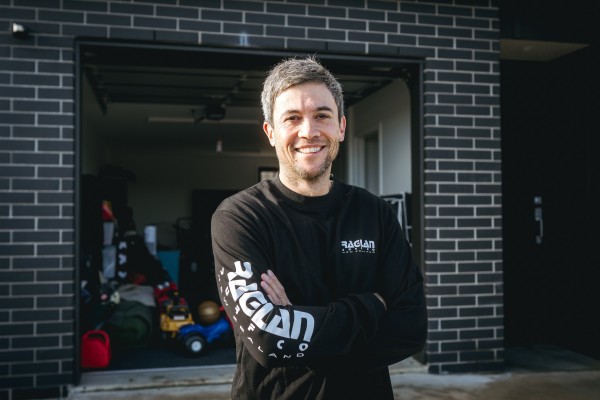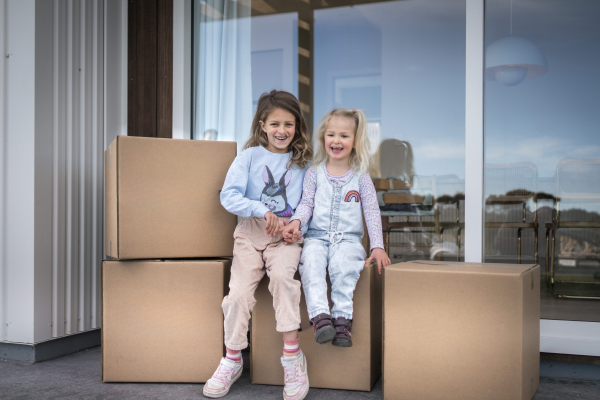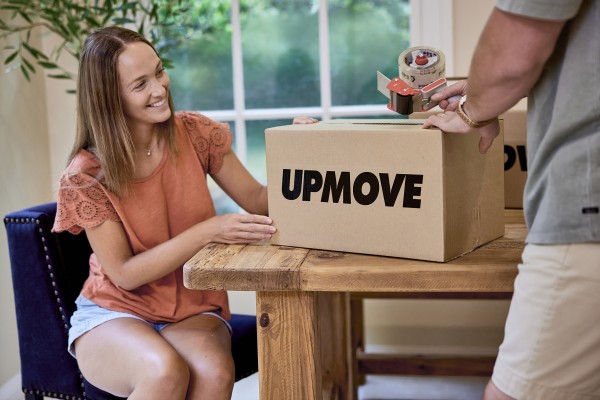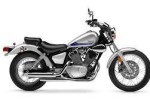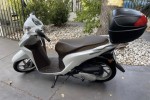Navigating shipping and customs when moving to Australia
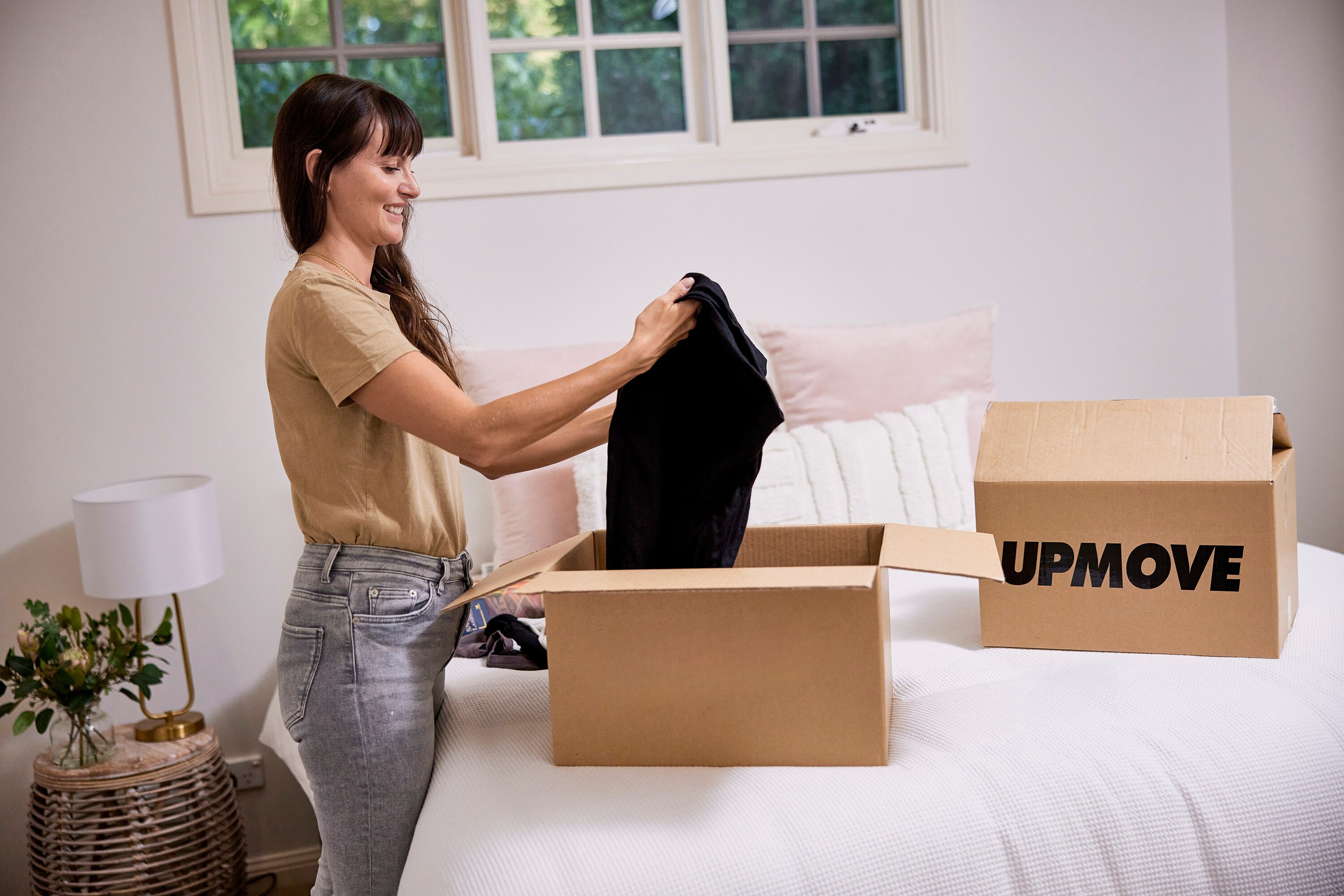
Moving into a new home is no small feat, but things get even trickier when that new home also happens to be in a new country, on a new continent. If you’re moving to Australia, getting your personal belongings from A to B requires a bit of preparation.
Luckily, we’re covering everything you need to know about shipping your items, including all things customs and regulations.
In this article, you’ll find simple, straightforward info on:
Unaccompanied Personal Effects
Unaccompanied Personal Effects (UPEs) are your household goods or items that arrive separately to you into Australia via air, shipping or international mail.
UPEs include items such as:
It’s a common misunderstanding that everything in the home can be classed as a UPE or household good. Unfortunately, this is not always the case.
As a general rule, the following are not deemed as UPEs or household goods:
If you’re unsure whether something you want to ship is classed as a UPE or household item, head to the Australian Government’s guide to importing for a more detailed breakdown on inclusions.
UPEs - Customs duty and taxes
The reason it’s important to properly understand what’s classed as a UPE or household item is that these items are generally shipped into the country duty and tax-free.
However, there are a few conditions:
-
All of the goods being shipped must be the property of the individual and must have been owned and used at their previous residence before sending to Australia.
-
The individual shipping the items must be either a permanent resident returning to Australia or a first-time migrant to Australia taking up permanent residency.
Prohibited items when shipping to Australia
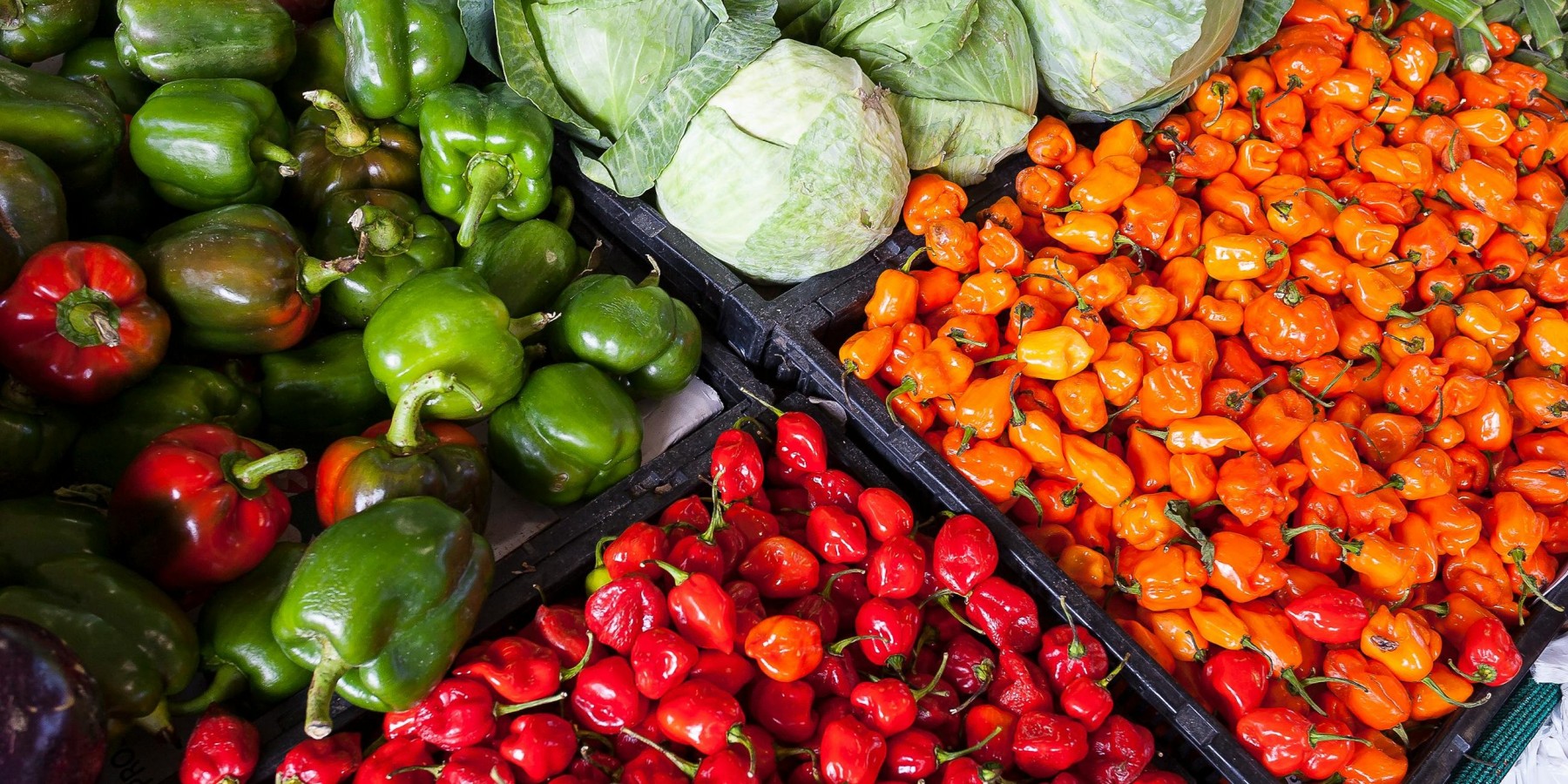 Australia has a tough quarantine department and border control to ensure the safety of its people, agriculture and land.
Australia has a tough quarantine department and border control to ensure the safety of its people, agriculture and land.
As such, there are certain items that are prohibited when shipping your personal / household items into Australia.
These include:
“Personal items not packed, cleaned or treated in accordance with Australian regulations may be destroyed - at your expense.”
Preparing for customs and biosecurity
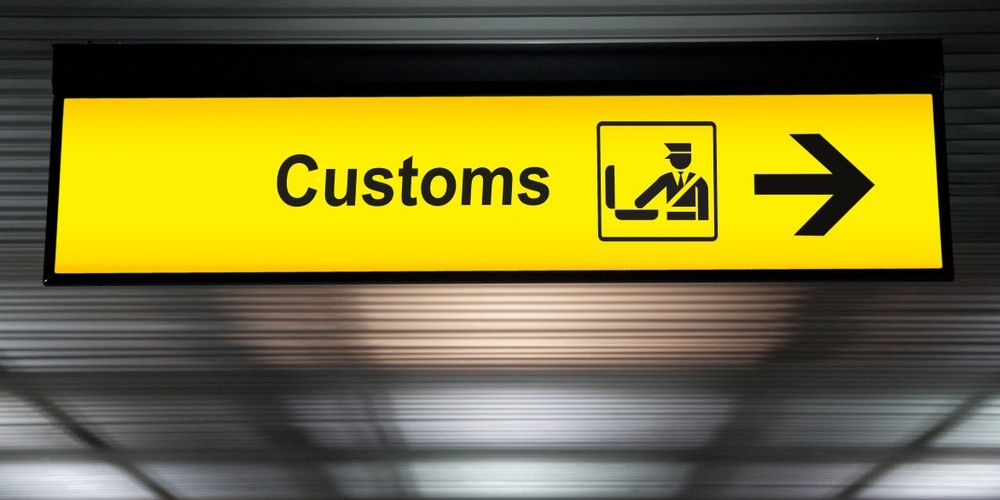 To avoid unnecessary issues with your shipment or delays to your delivery, do not include any prohibited items in your shipping. It’s also best practice to remove any traces of soil or foreign matter from your items.
To avoid unnecessary issues with your shipment or delays to your delivery, do not include any prohibited items in your shipping. It’s also best practice to remove any traces of soil or foreign matter from your items.
Be sure to double-check and clean items such as:
In instances where items have not been cleaned or appropriately treated in accordance with the Australian regulations, they may be destroyed at your expense.
Items that are commonly destroyed include:
Find a more detailed list of items that may be of biosecurity concern and may require cleaning or treatment here.
Importing a vehicle
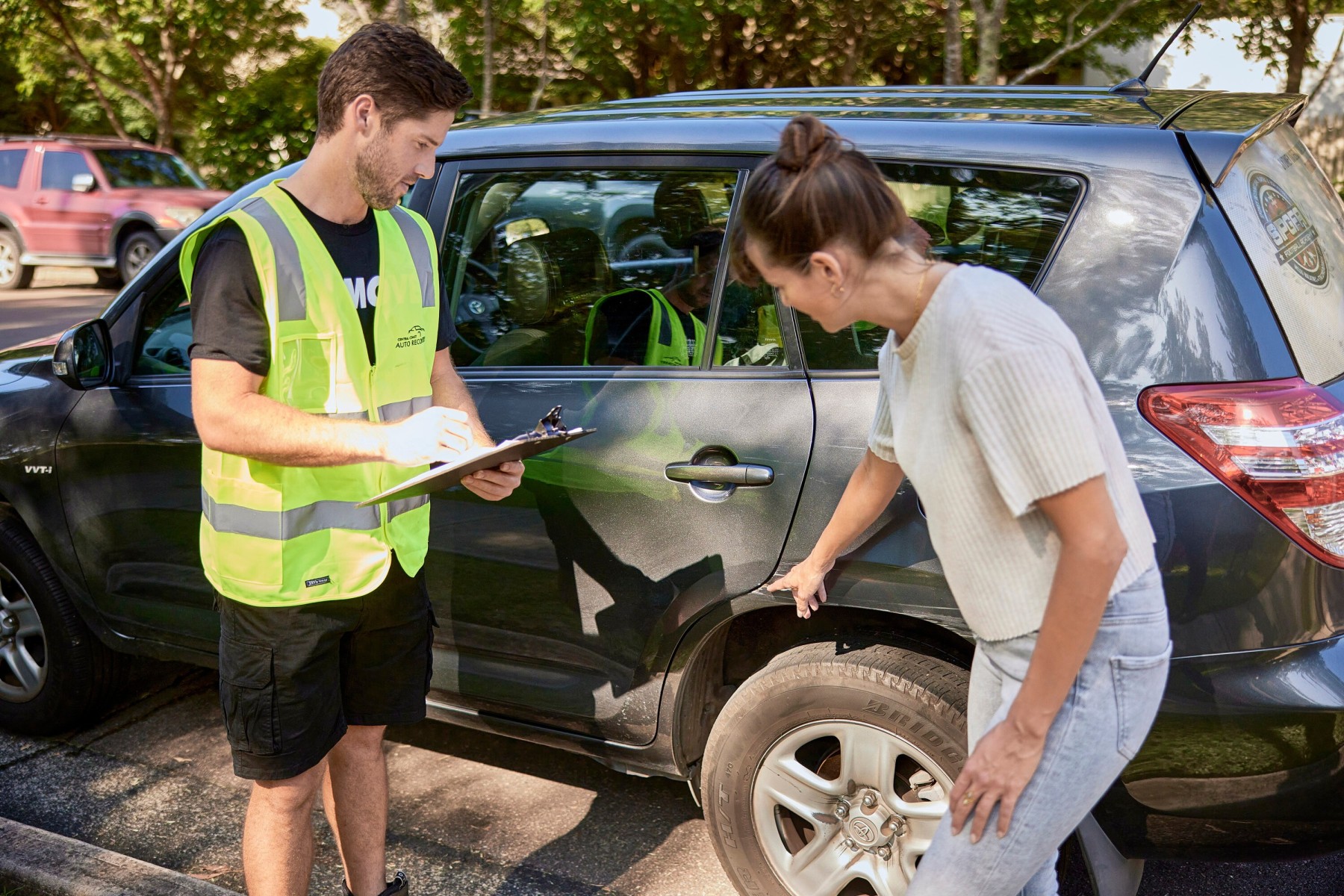
While your vehicle is not classed as a UPE, you may still ship it over. However, there are a few steps and additional fees involved.
The first step to shipping your car to Australia is to apply for a concessional RAV entry approval. This can be handled by you or your agent via ROVER - Australia’s online applications and approvals portal.
Assessors will then check the following criteria:
It’s important to note that motor vehicles being imported into Australia may be subject to customs duty, taxes and other charges under customs and tax legislation.
Check out the Road Vehicle Standards guide for more.
Imported vehicles can arrive at most of Australia's major cities as they're situated on the coast. However, Perth and Brisbane are the most popular choice as they offer more shipping routes. From these major ports, you can use expert car transport services to relocate a vehicle to a residential or commercial address.
Fees and charges
It’s important to include biosecurity charges in your shipping budget.
Some of the fees include:
“Inspection fees are based on time, so proper packing will help keep your costs to a minimum.”
Packing checklist
To ensure a smooth release of your personal effects from biosecurity control, use our packing checklist. Inspection fees are based on time, so proper packing will help keep your costs to a minimum.
Clearly number each box, taking note of what is inside.
Tip: use a permanent marker to write on the boxes - stickers can peel off in transit.
Similar goods should be in consecutive boxes. For example: Children's Toys 12, 13, 14.
Create a list detailing what is in each box, including any notes on what the items are made of.
Always use new packing boxes. Second-hand boxes may pose a biosecurity risk.
Never use straw, wood shavings or plant material as packing filler.
Pack for safety by carefully wrapping knives, glass or ceramics, and never pack flammable items such as aerosols or paints.
Bringing cats or dogs to Australia
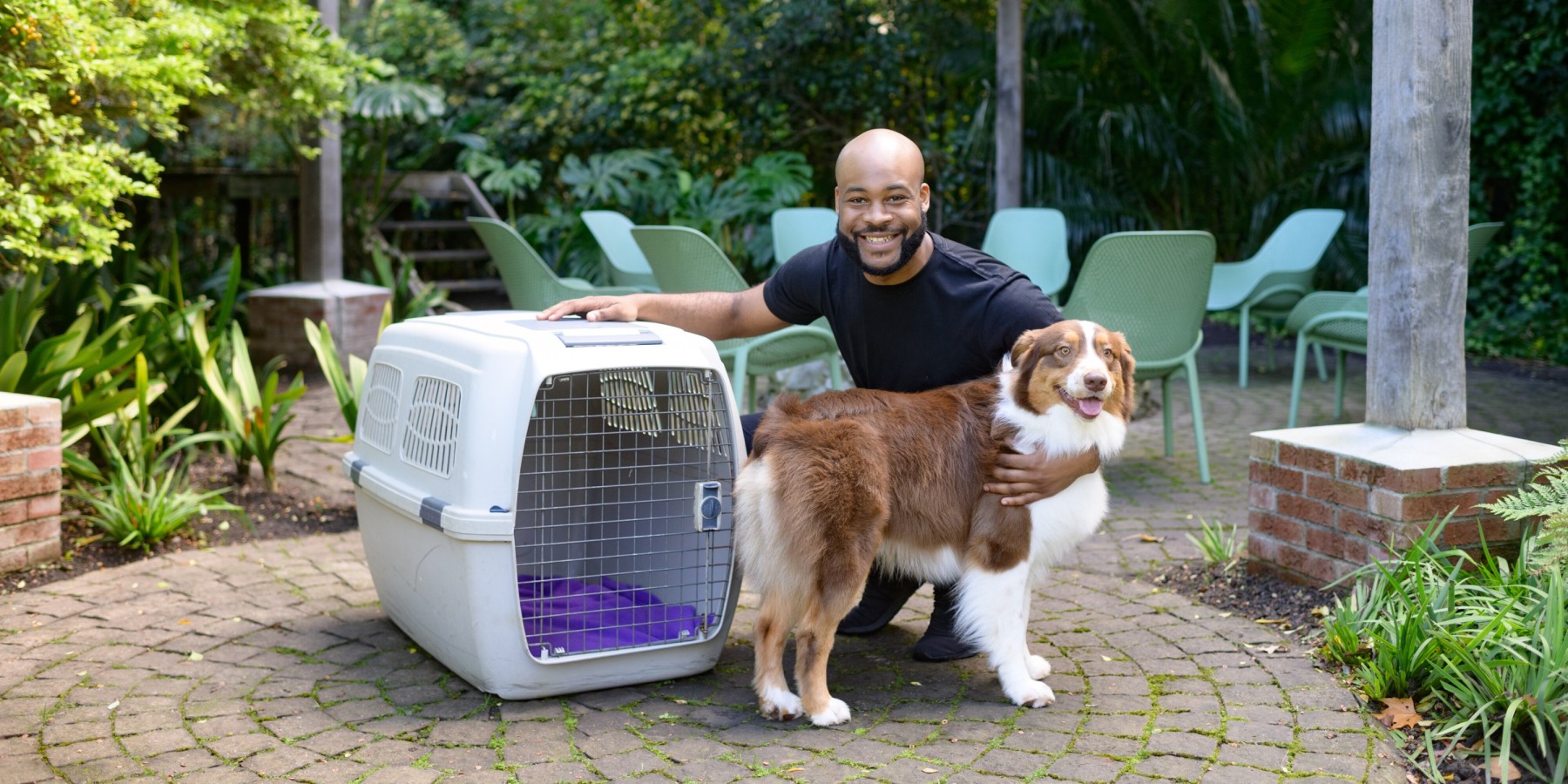
Bringing your cat or dog to Australia is allowed under strict conditions designed to safeguard agriculture, environment and people. Rules, regulations, fees and permits all vary depending on your country of origin. Head to the Australian Government website for more detailed information.
Once your furry friend arrives in Australia they'll be required to quarantine. A pet is usually held in this facility for ten days, but this can differ depending on which country they arrive from. Once cleared from quarantine, they can be relocated home via professional pet transport services or picked up directly.
Clearing your items on arrival
Typically, it takes around 14 working days from when your belongings arrive in Australia to when they are cleared by customs and quarantine (for shipped items).
Air shipments are often a little quicker - around 7 working days.
Finding trusted shipping partners
From the packing process, to fees, permits, prohibited items and more, there’s certainly a lot to think about when it comes to shipping your goods and belongings to Australia. That’s why most people call in the help of the experts. A professional mover will be able to pack up your items in accordance with all the rules and regulations, leaving you free to focus on other aspects of your move.
If you’re looking for a trusted and reputable moving companies once your items land on Australian soil, Upmove can help. Get multiple quotes from verified companies, check their rating and read reviews - all in one place.
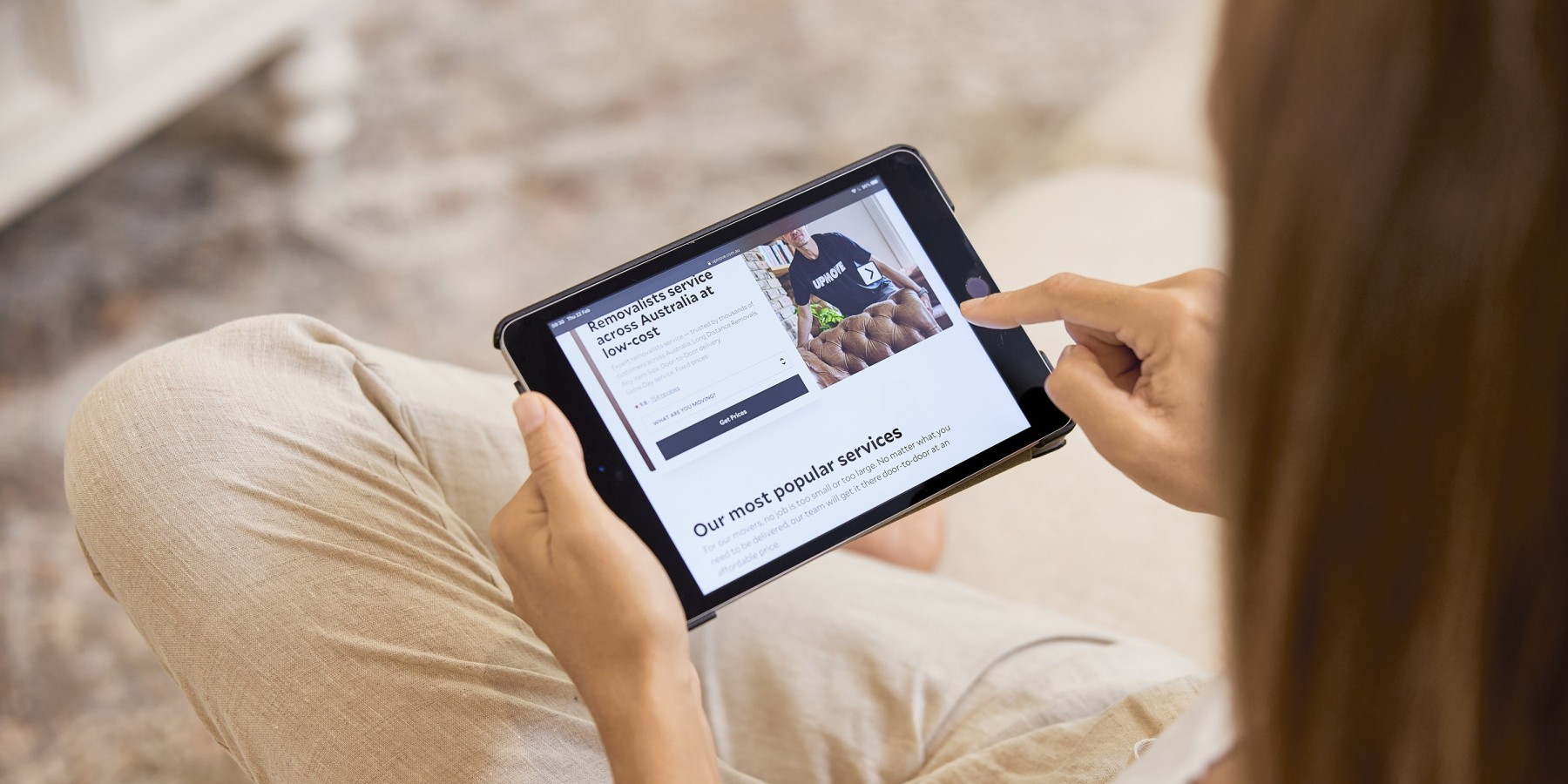
What do our customers say?

